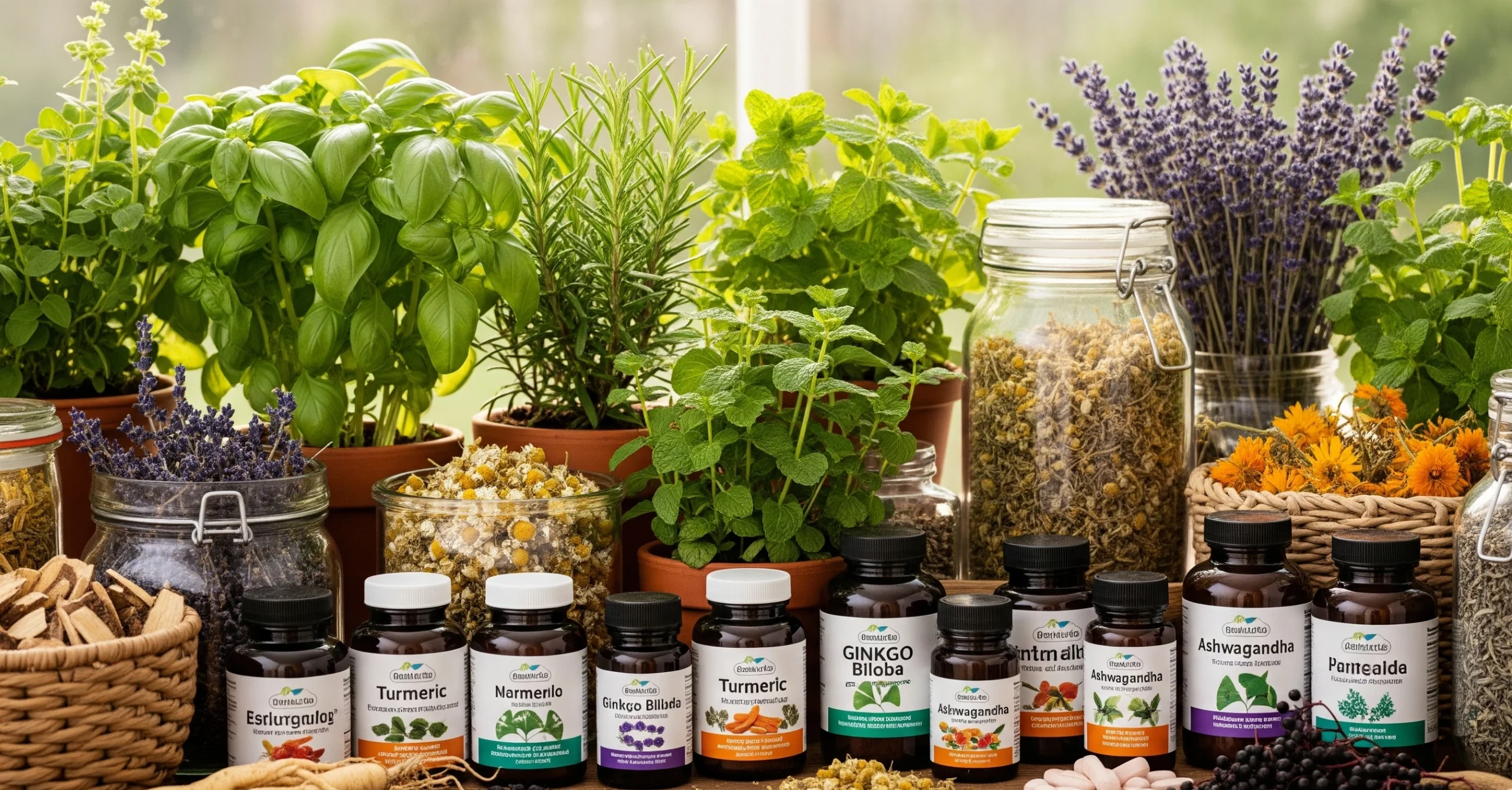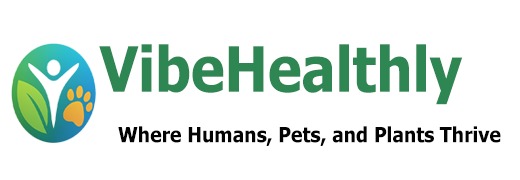Benefits and Risks of Herbal Medicine: A Complete Guide Before Use

📌 Introduction
Herbal medicine, also known as traditional remedies, has been used for thousands of years by various cultures, including Indonesia. In recent years, herbal remedies have become increasingly popular alongside the rising interest in natural treatments and healthy lifestyles. However, many people still do not fully understand the benefits and risks of using them.
Are herbal medicines truly safe? What should you consider before taking them, especially if you are currently on prescription medication? This article provides a complete guide to the advantages, risks, and safe practices for using herbal medicine in daily life.
🌿 What is Herbal Medicine?
Herbal medicine is made from plants or plant extracts used for health purposes. Common examples include:
- Turmeric (anti-inflammatory)
- Ginger (digestive aid & anti-nausea)
- Temulawak (liver health & immune booster)
- Andrographis (fever reducer)
- Mahkota Dewa (antioxidant & anticancer)
Herbal medicine can be found in forms such as:
- Traditional herbal drinks (jamu)
- Modern herbal supplements (capsules/tablets)
- Herbal tea
- Herbal oils or balms
✅ Proven Benefits of Herbal Medicine
- Boosts Immune System – Examples: Echinacea, temulawak, meniran
- Natural Anti-inflammatory – Examples: Turmeric, ginger, soursop leaves
- Supports Digestive Health – Examples: Peppermint, cinnamon, fennel
- Helps Control Blood Sugar – Examples: Bitter melon, insulin plant leaves, brotowali
- Reduces Stress and Insomnia – Examples: Lavender, valerian, passionflower
🧪 Scientific studies have shown that active compounds in certain herbs have real pharmacological effects.
⚠️ Risks and Side Effects of Herbal Medicine
Although natural, not all herbs are safe, especially if:
- Consumed in excessive amounts
- Mixed without proper guidance
- Used alongside prescription drugs
| Risk | Example |
|---|---|
| Liver toxicity | Mahkota dewa, wild mushrooms |
| Kidney damage | Herbs containing heavy metals |
| Allergic reactions | Ginseng, echinacea |
| Drug interactions | Ginkgo biloba with aspirin (increased bleeding risk) |
💊 Never assume herbal remedies are always safe just because they are “natural”.
🔄 Dangerous Interactions: Herbal Medicine vs Prescription Drugs
- Ginseng + diabetes medication → dangerously low blood sugar
- St. John’s Wort + antidepressants → excessive serotonin
- High-dose turmeric + blood thinners → bleeding risk
- Garlic + hypertension drugs → excessively low blood pressure
❗ Always inform your doctor if you regularly consume herbal remedies.
🔍 Is Herbal Medicine Scientifically Proven?
Some herbal products have undergone clinical trials, especially those produced by certified manufacturers. However, many have not been scientifically tested and rely only on traditional belief.
🔬 How to Choose Safe Herbal Medicines
- Check BPOM or FDA approval
- Buy from reputable manufacturers
- Avoid herbal products with exaggerated claims
- Follow recommended dosages
- Avoid during pregnancy/breastfeeding without medical advice
☕ Safe Dosage and Consumption
| Form | When to Take | Common Dosage |
|---|---|---|
| Herbal tea | After meals | 1–2 cups/day |
| Capsules | As directed | 1–2 capsules/day |
| Traditional jamu | Morning or evening | 100–150 ml |
| Liquid extract | Mixed with water | 10–30 drops/day |
💬 Myths vs Facts
| Myth | Fact |
|---|---|
| Herbal remedies have no side effects | False – overuse can cause harm |
| Safe to combine with any prescription drugs | Not always – many cause dangerous interactions |
| All herbs can cure diseases | No – some only relieve symptoms |
| Better than chemical drugs | Not always – depends on the case |
🧘♀️ Herbal as a Complement, Not a Replacement
Herbal medicine can complement modern treatments, especially for:
- Recovery after illness
- Boosting immunity
- Reducing side effects of medication
- Supporting stress relief therapy
🧠 FAQ – Frequently Asked Questions
Q: Can I drink jamu every day?
A: Yes, in moderate doses and not alongside certain prescription drugs.
Q: Which herbs are safe for children?
A: Ginger, turmeric, honey in small amounts. Avoid bitter or strong herbs without medical advice.
Q: Can herbs cure cancer?
A: No sufficient evidence. Herbs may only help support immunity.
📌 Conclusion
Herbal medicine can be a natural ally for maintaining health when used wisely. Do not rush to believe in miracle cure claims without scientific proof. Know the benefits and risks, adjust to your condition, and always consult a doctor if you are under treatment. Herbal remedies are complements, not substitutes, for medical treatment.
